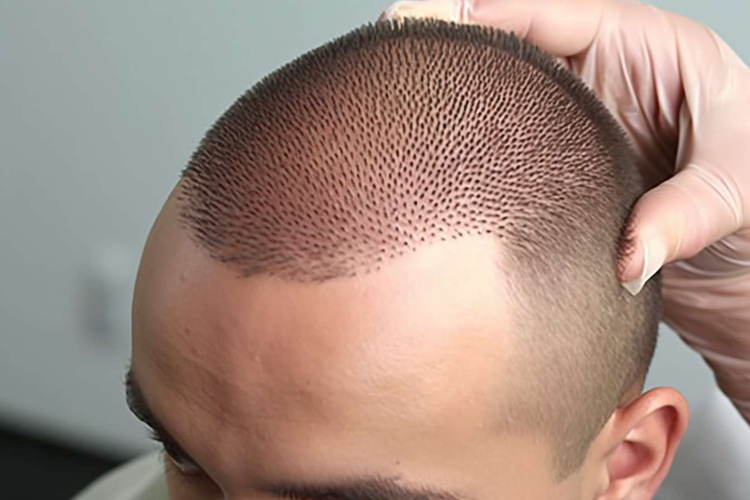Reimagining Your Health: The Rise of Epigenetics in Wellness
As we journey through the annals of medical history, our understanding of health and wellness has continually evolved. A significant part of that evolution is the study of epigenetics, a field that explores how our behaviors and environment can cause changes that affect the way our genes work. Unlike genetic changes, these modifications are reversible and do not change our DNA sequence, but they can still be passed on to future generations. Epigenetics underscores the critical role our lifestyle choices play in our well-being, further emphasizing the importance of a holistic approach to health.

Current Health Trends: The Epigenetic Landscape
Today, the wellness community is buzzing with discussions about epigenetics. The understanding that our lifestyle choices can significantly affect our genetic expression has led experts to explore various strategies for epigenetic optimization. This includes personalized nutrition, mindfulness practices, targeted physical activity, and optimized sleep, to name a few. While these practices have been around for a while, understanding their effect at the genetic level adds a new dimension to their relevance.
The Epigenetic Wellness Strategy: Benefits, Challenges, and Credibility
Embracing an epigenetic wellness strategy holds tremendous potential. By making conscious, healthful choices, we can positively influence our genetic expression, potentially reducing the risk of various diseases. The challenge, however, lies in the complexity of epigenetics. Our genes interact with each other and our environment in incredibly intricate ways, making it challenging to predict the exact impact of specific lifestyle changes.
Despite these complexities, the scientific evidence supporting the influence of lifestyle on gene expression is robust and growing. Numerous studies have shown that factors like diet, physical activity, stress, and sleep can induce epigenetic changes, affecting health outcomes.
Wellness Tips: Optimizing Your Epigenetic Health
- Personalize Your Nutrition: Everyone’s genetic makeup is unique. What works for one person may not work for another. Consider genetic testing to understand your unique nutritional needs better and tailor your diet accordingly.
- Commit to Regular Physical Activity: Exercise is a powerful epigenetic modulator. Regular physical activity can improve your genetic expression, enhancing overall health.
- Prioritize Quality Sleep: Sleep is not just restorative; it’s an active period during which important physiological processes occur, many of which are regulated by our genes. Aim for seven to nine hours of quality sleep per night.
- Learn Stress Management Techniques: Chronic stress can lead to negative epigenetic changes. Practices like mindfulness, yoga, and deep breathing can help manage stress levels.
Key Takeaways
The rise of epigenetics in wellness represents a powerful shift in our understanding of health. It underscores the profound impact our lifestyle choices have on our genetic expression, offering a new lens through which to view our health behaviors. While the field is complex, the potential benefits are immense. By making conscious lifestyle choices, we can positively influence our genetic expression, potentially improving our health outcomes. As we continue to explore this fascinating field, one thing is clear: when it comes to our health, our choices matter.




